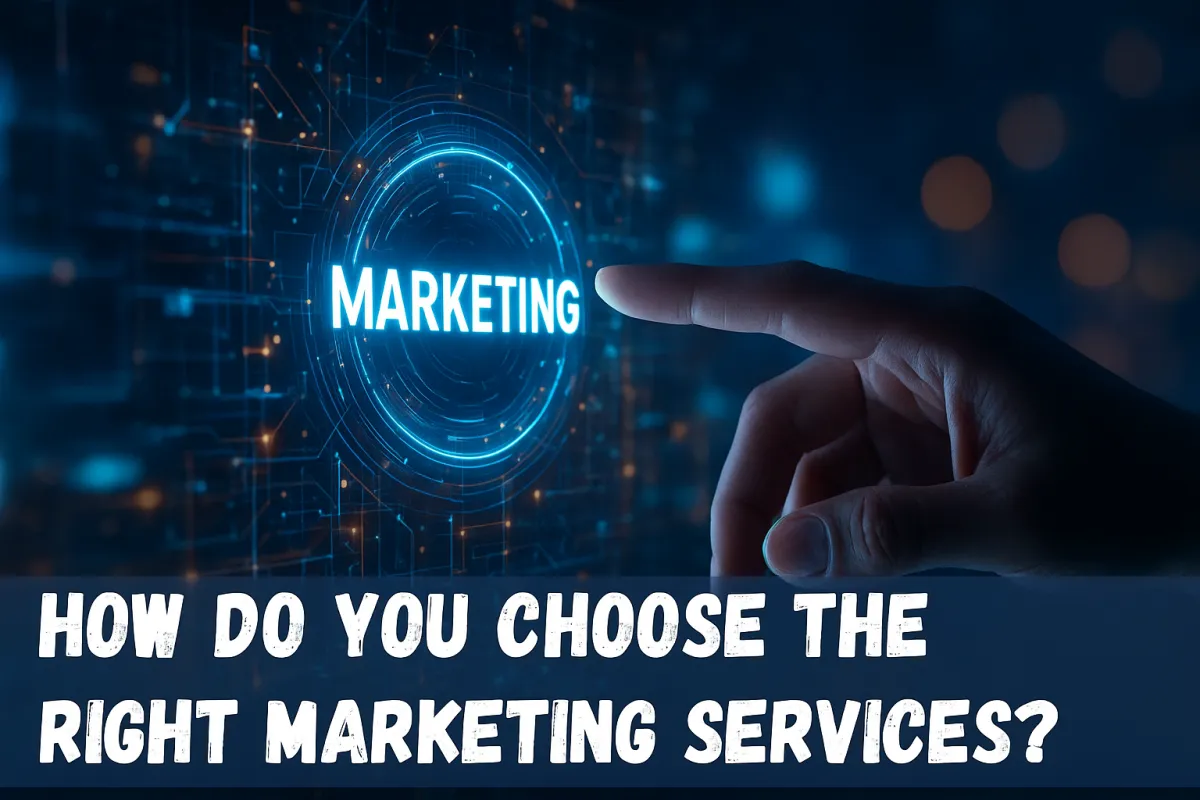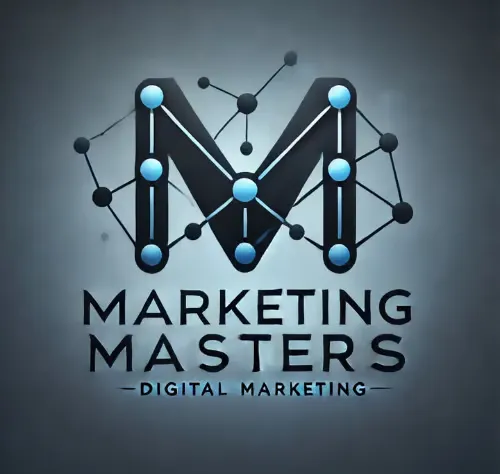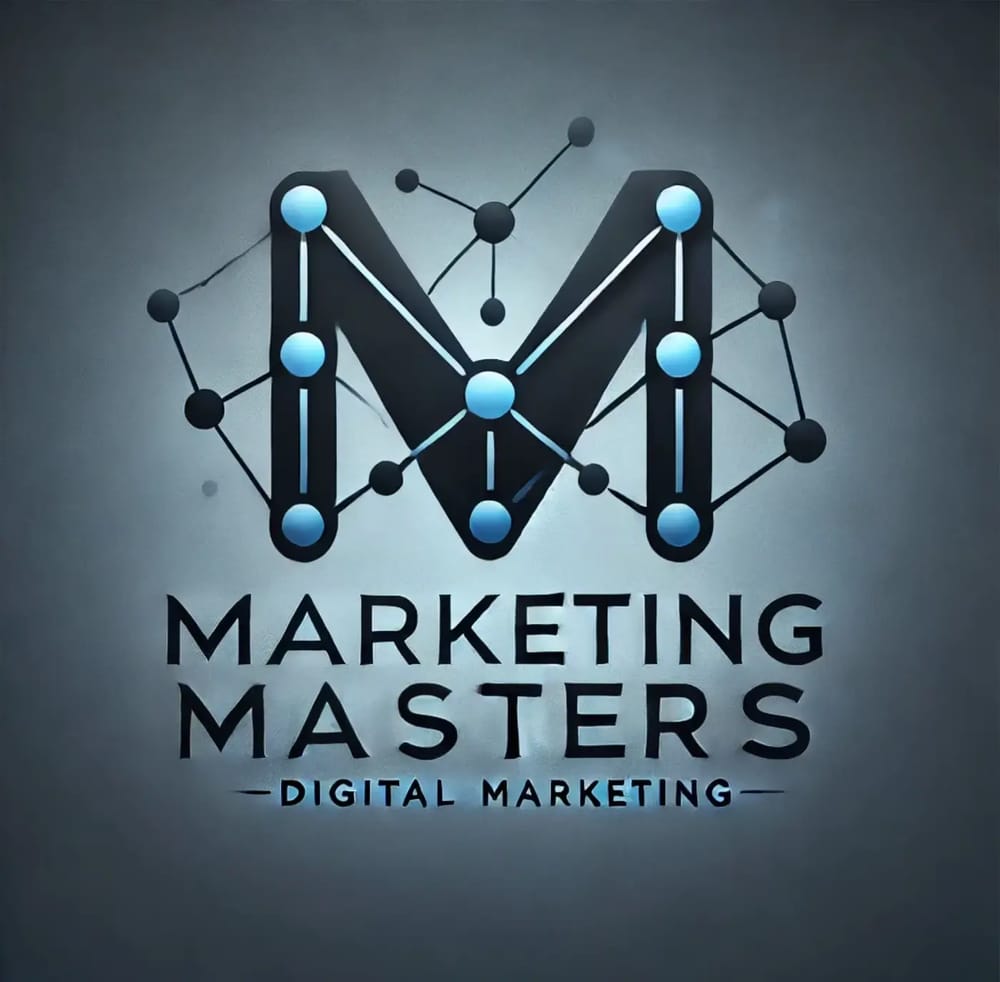
How Do You Choose the Right Marketing Services?
Digital marketing does a lot for customer performance and satisfaction. The numbers tell the story. Companies with a solid marketing plan see real results. For example, email marketing brings in an impressive return of 4,200%, while SEO marketing averages a 22:1 return on investment.
The stakes are high since 65% of businesses aren't seeing an ROI in digital marketing. That means a lot of companies are just throwing money away. This is a big deal for smaller businesses, especially since almost half of their owners handle all their own marketing. Investing in the best digital marketing services for small business can change that.
Understanding Your Business Needs First
First, get a sense of your situation. Typically, small businesses set aside around 8-10% of their total revenue for marketing. However, that percentage can vary a lot:
Key Questions to Ask Yourself:
What are your main business objectives?
Who are you trying to reach with your product or service?
How much are you spending on marketing right now?
What marketing efforts are you currently working on?
Which channels are producing the best outcomes for you?
Most business owners think having a website is the way to go. But surprisingly, only 73% of small businesses actually have one. This gap shows just how important it is to offer services that meet real business needs.
The Essential Digital Marketing Services Framework
Based on our experience and current market data, here are the core services small businesses should consider:
1. Search Engine Optimization (SEO)
Nearly half of companies say that showing up in organic search results gives them the best bang for their marketing buck.
Benefits:
Increased website traffic over time
Cost-effective ways to get leads
Building a more trustworthy brand
Better conversion rates than paid ads
2. Content Marketing
Companies that make blogging a priority are 13 times more likely to see a return on investment. Content marketing is about creating valuable content that draws in and keeps your target audience engaged.
Key Components:
Blog posts and articles
Video content
Social media posts
Email newsletters
Downloadable resources
3. Social Media Marketing
A massive 96% of small businesses use social media to market themselves. Facebook is still the go-to for over 91% of consumer-facing companies.
Platform Priorities:
Small businesses are on Facebook in a big way - 81% have a presence.
Visual content shines on Instagram, which 59% of small businesses use.
For B2B connections, LinkedIn is the way to go, with 48% of small businesses on board.
4. Email Marketing
Email marketing's popularity isn't dying down anytime soon. A whopping 64% of small businesses are on the email marketing bandwagon, and it seems like millennials agree.
5. Pay-Per-Click (PPC) Advertising
Digital ads give you a great ROI - you can earn around twice what you spend. In fact, Google Ads says that for every dollar you put in.
How to Evaluate Marketing Service Providers
1. Look at Their Own Marketing
A marketing agency should practice what it preaches. Evaluate their:
Website performance and search engine rankings
How people interact with the company on social media
Content quality and how often it's updated
What customers think, as shown in online reviews
2. Industry Experience and Case Studies
Review the agency's case studies, focusing on those from your industry. Look for:
Numbers that show what's working and a clear return on investment
Companies about our size with similar hurdles
Insight into what's going on in our industry
Practical ways to tackle tough problems
3. Service Integration and Communication
Small businesses need partners, not vendors. The best agencies offer:
Multiple service integration
Clear reporting and analytics
Regular communication and updates
Collaborative approach to strategy
4. Transparency in Pricing and Process
Demand transparency in strategy and reporting. Quality providers will:
Lay out their approach in simple terms
Give detailed plans
Provide regular progress updates
Be honest about deadlines and what's expected
Budget Allocation Best Practices
Small businesses typically allocate between 5 and 25 percent of their budget to marketing. Now, over half of marketing budgets, around 56 percent, go to digital channels.
Smart Budget Tips:
Kick off with SEO and content for long-term growth
Set aside 10-20% of your budget to try out new marketing channels
Don't spread yourself too thin - focus on 2-3 channels to start
Keep a close eye on your ROI to adjust your spending over time
Red Flags to Avoid
Service Provider Warning Signs:
Overnight results that are just not possible (SEO takes time - at least 6 months)
Packages that don't account for your unique needs
Reports that aren't clear or are not being honest about the data
No real grasp of your local market or industry
Using high-pressure sales tactics or prices that seem too good to be true
Common Mistakes Small Businesses Make:
Picking services based solely on cost
Not setting clear goals from the start
Expecting instant results from plans that take time
Not connecting the dots between marketing channels
Not bringing the service provider into the business planning loop
Making the Final Decision
Step 1: Create a Shortlist
Based on your research, narrow down to 3-5 potential providers that:
Know the ins and outs of your industry and the people you're trying to reach
Give them what they need most from your services
Keep costs in check without breaking the bank
Show off your track record
Step 2: Request Detailed Proposals
Ask each provider for:
Customized strategy recommendations
Detailed timeline and milestones
Clear pricing structure
Expected outcomes and ROI projections
Reporting and communication plans
Step 3: Check References
Speak directly to their past and current clients. Ask about:
Results achieved
Communication quality
Problem resolution
Overall satisfaction
Step 4: Start with a Pilot Program
Consider beginning with a 3-6 month pilot program to evaluate:
Service quality and results
Communication and collaboration
Cultural fit with your business
ROI and performance metrics
Technology and Tools Considerations
Modern marketing services rely heavily on technology. Ensure your provider uses:
Tools to track progress and measure performance
Marketing automation platforms to streamline tasks
CRM integration to manage leads efficiently
Reporting dashboards to keep everyone on the same page
At Marketing Masters, we use top-notch tools, giving clients a direct line to performance data through easy-to-use dashboards.
The Importance of Ongoing Optimization
Marketing isn't something you can just set up and forget about. If you track your return on investment regularly, you're 1.6 times more likely to get budget boosts.
Monthly performance reviews
Strategy adjustments based on data
A/B testing of campaigns
Seasonal and market adaptation
Competitive analysis and insights
Industry-Specific Considerations
Different industries have varying marketing needs and regulations:
Retail and E-commerce:
Focus on visual content and social commerce
Emphasize customer reviews and testimonials
Prioritize mobile optimization
Professional Services:
Leverage LinkedIn for B2B networking
Invest heavily in content marketing and thought leadership
Focus on local SEO and reputation management
Healthcare and Legal:
Ensure compliance with industry regulations
Emphasize trust-building and credibility
Focus on educational content marketing
Companies that don't adapt to digital marketing are at a big disadvantage. If you're interested in learning more, check out our guide on Why Do Small Businesses Fail Without Digital Marketing. We cover the potential risks and consequences of not having a digital marketing strategy.
Working with Marketing Masters
At Marketing Masters, every small business is one of a kind. Our team in Minneapolis is all about creating digital marketing plans that are tailored to each client. We offer:
Our Core Services:
Small Business SEO, Nationwide, and E-commerce Packages
We offer on-site and off-site search engine optimization
PPC and Google Ad management are also available
Get help with your social media presence
Develop a content plan that resonates
Our team also does web development and design
Key Takeaway
Picking the right marketing services is a huge decision. 60% of small businesses now use digital marketing, so the real question is no longer if you need these services, but which ones will get you the best results. The key is to be strategic and let data guide your decisions when you're picking services, and to work with providers who really get what you're trying to achieve.
At Marketing Masters, the best digital marketing services for small businesses, we make the most of their marketing budgets. Get in touch today!
Frequently Asked Questions
What's the minimum budget needed for effective digital marketing?
Small businesses should set aside 5-10% of their revenue for marketing. Nearly half of them spend $10,000 or less each year on digital marketing. That said, you don't need a big budget to be effective – just focus on the right channels and you're good to go.
How long does it take to see results from digital marketing?
Results differ by service. Pay-per-click ads can yield instant results, but search engine optimization takes time. Email and social media marketing often start showing results within 1 to 3 months.
Should I handle marketing in-house or outsource?
Companies that mix in-house marketing with outside help tend to see 2.5 times more marketing success than those relying solely on in-house efforts.
How do I know if my marketing services are working?
Keep an eye on important metrics like website traffic, conversion rates, and ROI. A lot of small businesses have websites that actually bring in new leads and customers.
What's the biggest mistake small businesses make with marketing services?
The biggest mistake most businesses make is lacking a clear plan. Without one, businesses end up with scattered efforts and disappointing results.






